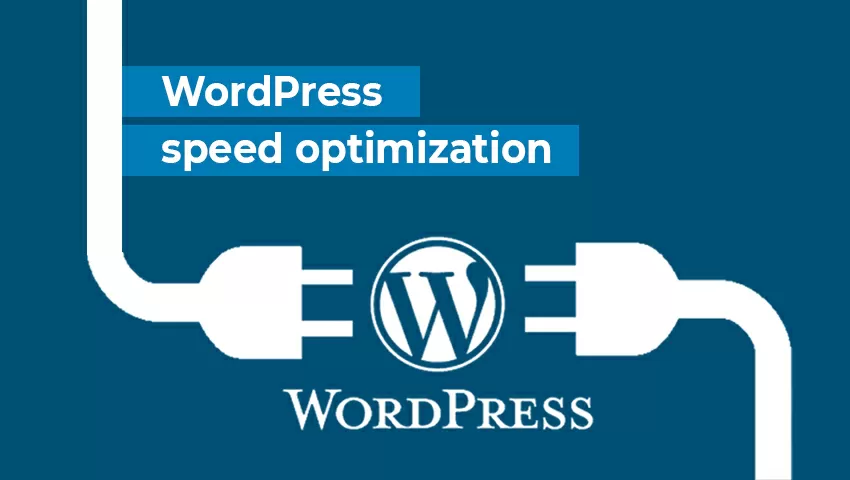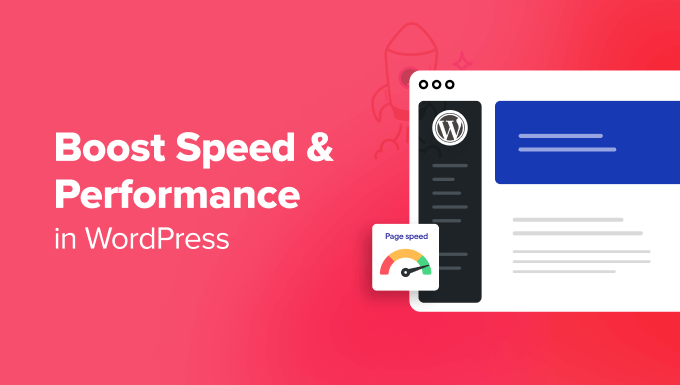In the fast-moving world of the internet, speed is everything. Today’s users expect websites to load in under 3 seconds—and if yours doesn’t, they’ll move on. A slow website doesn’t just hurt your user experience; it directly impacts your SEO, bounce rate, and conversion rate. That’s why optimizing your WordPress website speed and performance is crucial to modern WordPress development.
In this detailed guide, we’ll cover everything you need to know to make your WordPress website faster, smoother, and more reliable—step by step.
Why Website Speed Matters in WordPress Development
Before diving into optimization tips, let’s look at why speed is vital:
-
SEO Impact: Google uses page speed as a ranking factor.
-
User Experience: Visitors expect fast load times, especially on mobile.
-
Conversion Rates: A delay of even one second can lead to a 7% conversion drop.
-
Bounce Rates: Slow sites = high bounce rates = lost opportunities.
-
Mobile-first Web: With more than 50% of traffic coming from mobile, speed matters more than ever.
As you can see, speed and performance aren’t optional—they’re essential pillars of effective WordPress development.
Step-by-Step Guide to Increase WordPress Website Speed
Let’s break down the process into actionable steps that can transform your website’s performance:
1. Choose High-Performance Hosting
Hosting is the backbone of your website’s speed. Even the most optimized site can suffer if it’s on a poor-quality server.
Recommended Hosting Providers:
-
Kinsta – Cloud-based, fast, and WordPress-focused.
-
SiteGround – Offers built-in caching and great customer support.
-
Cloudways – Flexible, powerful cloud hosting with speed in mind.
-
WP Engine – Managed hosting tailored for WordPress development.
Avoid cheap shared hosting for business-critical websites.
2. Use a Lightweight Theme
Some themes are beautiful but bloated with unnecessary features, scripts, and CSS.
Top Lightweight Themes:
-
Astra
-
GeneratePress
-
Hello (by Elementor)
-
Neve
A clean, minimal theme ensures fast load times without sacrificing design flexibility.
3. Install a Caching Plugin
Caching reduces the work your server has to do by storing static versions of your content.
Popular Caching Plugins:
-
WP Rocket (premium, all-in-one solution)
-
W3 Total Cache
-
LiteSpeed Cache
-
WP Super Cache
Caching helps reduce database queries and improves time-to-first-byte (TTFB).
4. Optimize Your Images
Unoptimized images are often the #1 reason for slow websites.
Best Practices:
-
Compress images using ShortPixel, Imagify, or TinyPNG
-
Use next-gen formats like WebP
-
Add lazy loading (native in WordPress 5.5+ or via plugin)
This simple step can cut load times by 30–50%.
5. Minify and Combine Files (CSS, JS, HTML)
Reduce file sizes and HTTP requests by minifying your code.
Tools to Use:
-
Autoptimize
-
WP Rocket
-
Fast Velocity Minify
Be cautious not to break your theme—always test changes before deploying.
6. Use a Content Delivery Network (CDN)
A CDN stores copies of your site on servers worldwide, delivering content to users from the nearest location.
Popular CDN Services:
-
Cloudflare – Free plan available, great for security too.
-
BunnyCDN – Budget-friendly, excellent performance.
-
StackPath – Powerful and easy to set up.
A CDN can drastically reduce load times for international visitors.
7. Reduce Plugin Bloat
Plugins are powerful, but too many can slow your site or cause conflicts.
Tips:
-
Deactivate and delete unused plugins
-
Replace multiple plugins with one all-in-one solution (e.g., WP Rocket)
-
Avoid poorly coded or outdated plugins
Fewer plugins = faster site + fewer vulnerabilities.
8. Optimize Your Database
Over time, your database gets bloated with revisions, spam comments, and transients.
Tools to Clean and Optimize:
-
WP-Optimize
-
Advanced Database Cleaner
-
WP-Sweep
Schedule regular cleanups to keep things running efficiently.
9. Enable GZIP Compression
This compresses your site files before they’re sent to users, speeding up delivery.
Most caching plugins (like WP Rocket) or server configurations support GZIP compression. You can also add it manually to your .htaccess file if needed.
10. Leverage Lazy Loading for Media
Lazy loading defers the loading of images/videos until they’re needed.
How to Enable Lazy Load:
-
Use built-in WordPress functionality (5.5+)
-
Or enable via plugins like a3 Lazy Load or WP Rocket
It reduces initial page load time and saves bandwidth.
11. Use Fewer External Scripts
External fonts, ad scripts, or embedded widgets (like YouTube) can significantly slow down your site.
Tips:
-
Host Google Fonts locally
-
Defer or async JavaScript
-
Avoid unnecessary third-party embeds
Every external request adds latency—use them wisely.
12. Use Performance Monitoring Tools
Track performance, identify slow elements, and fix them.
Recommended Tools:
-
Google PageSpeed Insights
-
GTmetrix
-
Pingdom
-
WebPageTest.org
These tools highlight performance bottlenecks and suggest improvements based on core web vitals.
How WordPress Development Affects Speed
WordPress development isn’t just about themes and plugins—it includes how your site is built, coded, and maintained. Some best practices include:
-
Writing clean, minimal code
-
Following coding standards
-
Using modular development with reusable components
-
Avoiding heavy page builders or optimizing their output
-
Maintaining updates regularly (core, themes, plugins)
Whether you’re building from scratch or customizing an existing theme, proper WordPress development practices lay the foundation for a fast, secure, and scalable website.
Final Thoughts
Website speed is no longer a luxury—it’s a competitive advantage. A fast-loading WordPress site delivers better user experiences, improves search engine visibility, and drives more conversions. By implementing the above techniques step by step, you can significantly improve your WordPress website’s speed and performance.
Remember, WordPress development is an ongoing process. Technologies evolve, user expectations rise, and competition grows. So keep testing, keep optimizing, and most importantly—stay fast.
Need expert help?
Our team specializes in performance-focused WordPress development. We can audit, optimize, and future-proof your site for blazing-fast speed and top-tier performance.


